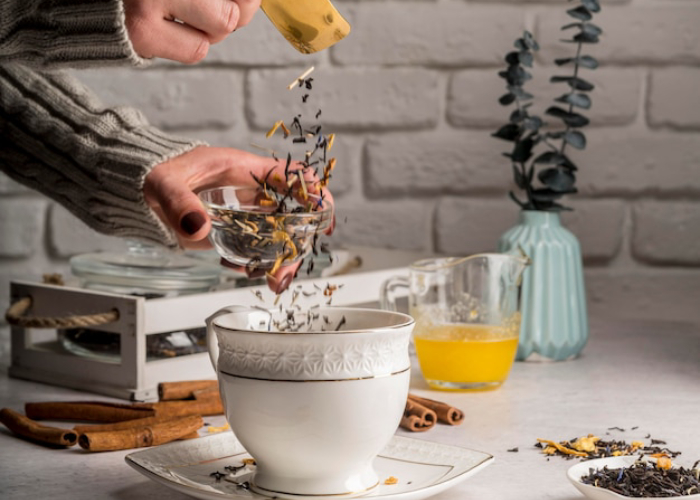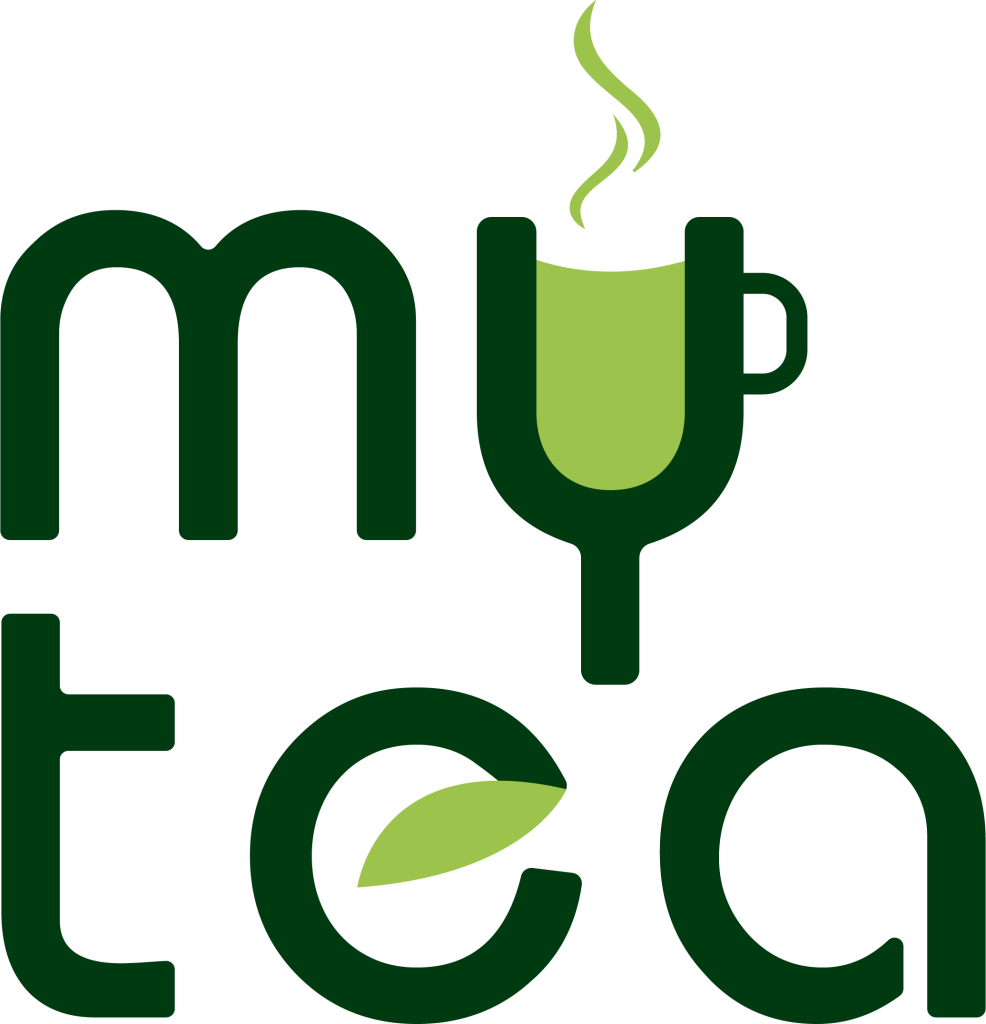
What Makes Herbal Tea a Popular Choice for Health-Conscious Consumers?
Herbal tea is growing into a more and more popular natural remedy for most people’s health. Such development has come with an increase in awareness of the wellness and self-care concepts. And unlike regular caffeinated drinks, herbal teas remain completely free of caffeine while offering a whole lot of health benefits. Herbal teas promise new much flavors and therapeutic benefits, thus taking the health-awareness stake globally. The blog tries to account for the reasons for its popularity, in addition to capturing some health benefits, types, and uniqueness for using herbal teas by many.
Herbal Tea Understanding
The term herbal tea encompasses a very general range of beverages produced from herbal infusion or their application in the form of flowers, seeds, leaves, roots, or fruits, rather than using leaves from the tea plant Camellia sinensis. Herbal tea can be consumed in so many ways: through dried flowers, loose leaves, or pre-bagged tea bags. The number of herbs used in herbal teas is vast. Each blend, too, will have its flavors and nutritious properties. While black, green, or white tea contains caffeine, similar herbal teas do not contain it; hence, one can drink these teas for noncaffeine usage.
Besides, most herbal teas have great medicinal effects, which can contribute to the general well-being of an individual. Herbal teas maybe have relaxing, digestive support, immune function-boosting, and even detoxifying effects, according to the different ingredients that make up the herbal teas.
Benefits of Herbal Tea
1. Rich in Antioxidants
Herbal tea is known for its high content of antioxidants, which help combat oxidative stress damage caused by free radicals. Free radicals are unstable molecules that damage a cell and cause chronic diseases such as cancer, heart disease, and aging. For instance, hibiscus tea is high in anthocyanins-a very potent antioxidant-and this has been shown to lower blood pressure and improve heart health. Similarly, rooibos tea is rich in polyphenols, where this antioxidant reduces inflammation and promotes a healthy immune system. Regular intake of such herbal teas among the many will reduce oxidative stress, enhance healthy aging, and enhance protection from chronic diseases.
2. Endorsement of better digestive health
There are various herbal teas that have undergone traditional practice to aid in the digestive health. Peppermint tea, for instance, is one popular tea that knows how to relieve bloating, gas, indigestion and even spastic bowel movements, by relaxing muscles in the tract. Another excellent tea can be ginger tea, which has its anti-inflammatory and anti-nausea properties to prove popular nausea, motion sickness, and digestive ache remedy. Both of these herbs are used for the above purposes, being used to help digest, eliminate waste regularly, and relieve symptoms of irritable bowel syndrome. Regular intake of herbal teas can also calm the stomach lining and alleviate acid reflux symptoms.
Popular Types of Herbal Teas
1. Tea Infused with Chamomile
This remains the most famous herbal tea around the world. The potency of its benefits includes calming effects; improves sleep quality; helpful for overcoming anxiety; supports mild depression alleviation; indigestion; bloating; digestive discomfort; very peaceful and smoothening effects of chamomile in one’s body make it appropriate to drink while winding down from the demanding day. Anti-inflammatory properties can also help relieve minor skin problems, such as rashes or minor burns.
3. Ginger Tea
Ginger tea is very famous for its anti-inflammatory and digestive properties. It can help alleviate nausea and vomiting associated with either travel or pregnancy. Because of its ability to enhance blood circulation, ginger also helps to relieve pain, particularly arthritis pain. Ginger antioxidants stimulate the immune system and make tasty cold tea useful during the cold and flu seasons. Its warming properties make it very rewarding during the cold months.
Herbal Tea vs. Vegetable Tea
Both herbal and vegetable teas bring benefits to the health of humans, but they differ in their ingredients and nutritional intake. Herbal teas are basically made from flowers, herbs, seeds, or fruits. Vegetable teas come about by steeping wheat or other legumes. Vegetables like spinach, carrots, beets, here celery are common vegetable teas. Bishop; these are nutrient-dense teas and rich in vitamins and minerals that help make the body active. For instance, carrot teas are rich in vitamin A, which is good for the eye, and beetroot tea is known for its detoxification and heart health among users.
So, we have more veggie-infusion teas, which we consume to make up for some of our veggies while we enjoy a steaming cup of comfort: A few varieties may have more fiber for digestion and satiety. Most herbal teas are used for therapeutic and medicinal effects-sleep improvement, stress relief, or enhanced immunity. Well, both types can be included in healthy eating patterns depending on your health goals.
How to Choose the Right Herbal Tea
Choosing the best herbal tea depends on your health goals and preferences. Here are some tips that can help you choose the right one for you:
- Understand your health goals:
Do you need something for relaxing, digestion, strengthening your immunity, or detoxifying? Different herbs will be more beneficial for different health. Identify your goals to choose correctly.
- Taste buds: This is a great thing about herbal teas because they offer varieties of flavor, such as floral, fruity, spicy, and many more. So don’t stop experimenting and mixing for that perfect one for you.
- Organic Pure Blends: Aside from buying only organic teas, make sure that they’re also free from artificial additives or preservatives because that definitely means you have a good quality product.
My Tea Revolutionizes Herbal Tea for the Health-Conscious Individual
People today are positively inclined toward herbal teas because most of them are healthy, made from natural content, and soothing. An enormous number of nutrients, antioxidants, and vitamins present in herbal teas provide gentle care to health itself and direct effective health benefits to overall well-being. In a world today that increasingly promotes wellness, most people would want to personalize natural alternatives to synthetic drinks, and many people have turned to herbal blends for their therapeutic effects. With My Tea, anyone can very conveniently customize herbal tea blends based on their likes, giving them exactly what they want for individualized health objectives, moods, or tastes.
Conclusion
Herbal teas are a versatile and health-boosting beverage that offer numerous benefits for the health-conscious consumer. From antioxidant-rich blends to digestive aids and immune boosters, the variety of options ensures there’s a tea for everyone. By incorporating herbal teas into your daily routine, you can enjoy a natural, caffeine-free alternative to traditional drinks while reaping the therapeutic benefits. Whether you’re looking to relax, detox, or improve your overall health, herbal tea is a great addition to any wellness regimen.
So, why not explore the world of herbal teas and discover the perfect blend for your health needs? The benefits are endless, and the options are just a cup away.

